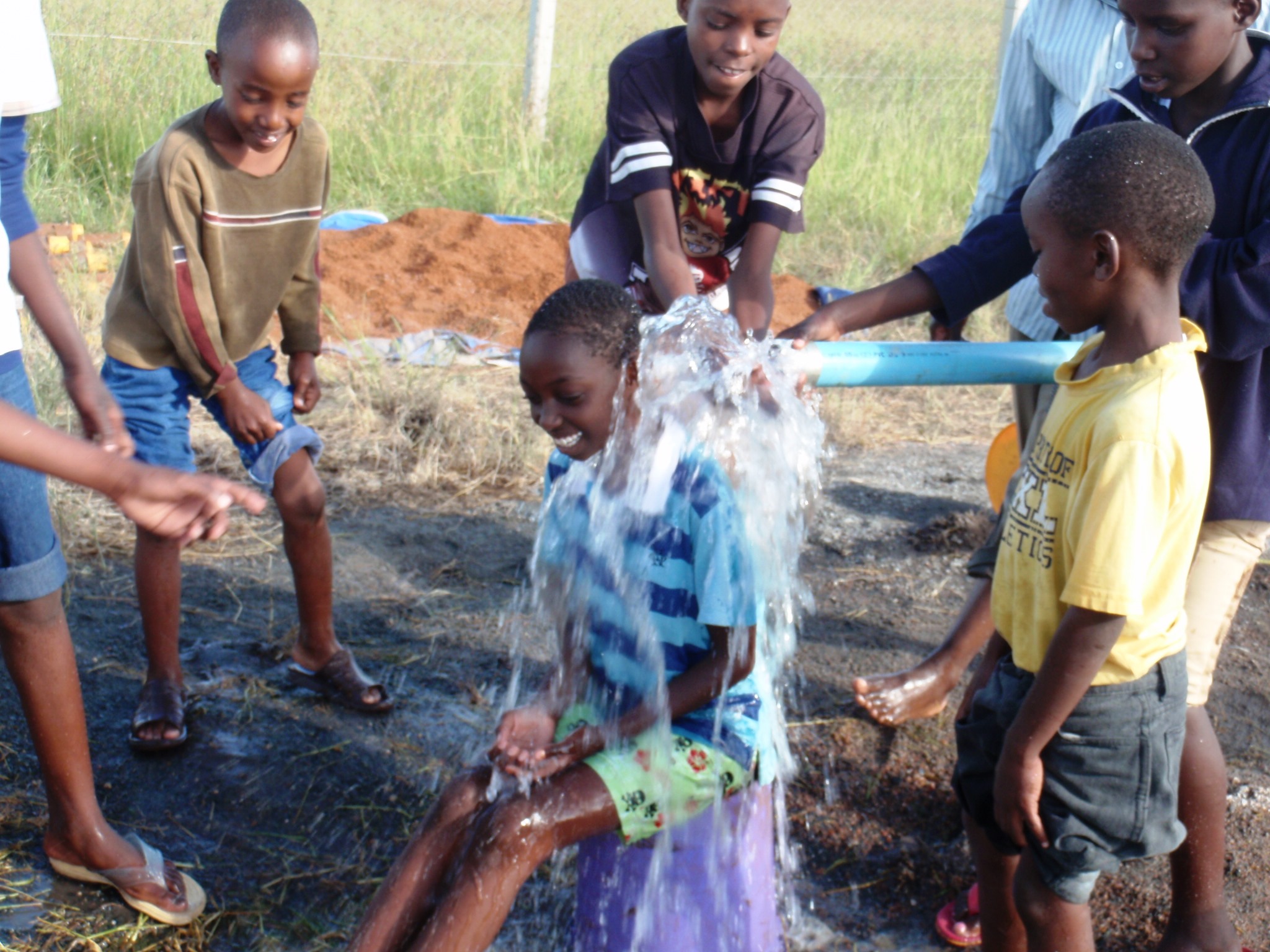Clean water transforms lives.
Health
Every year millions of people die from water-related diseases and poor sanitation. These deaths are responsible for 80% of all deaths in developing countries.
Through education and the provision of clean, safe drinking water these deaths can be prevented and do not hinge on new medical technologies or vaccine discoveries.
Investment in water and sanitation is among the most powerful preventive medicines available to us as we fight infectious diseases..
Education
According to UNICEF, children in developing countries miss over 443 million days of school each year because of water-related diseases.
Our goal is to greatly improve the health of students when new water wells are installed at schools. The clean, safe drinking water from new water wells will reduce the number of school days lost each year due to water-related diseases.
This model will also allow students to bring home clean water for their family each day.
Children
It is estimated that water-related diseases and poor sanitation kill children every 15 seconds in developing countries.
Children are by far the most effected group and bear the brunt of the global water crisis. Water-related diseases kill more children each year than AIDS, malaria and TB combined.
Worldwide access to clean, safe drinking water is the second largest killer of children under five according to the World Health Organization (WHO) and UNICEF.
Every child deserves access to clean water!
Economic Development
Due to limited access to water in developing countries, it is estimated that over 40 billion working hours are lost each year.
The burden of finding, collecting and carrying water each day directly impacts economic growth and perpetuates the cycle of poverty.
Access to clean safe water in developing countries is instrumental in social and economic development and can help reduce poverty.
Wherever you find poverty you will generally find poor water and sanitation.





